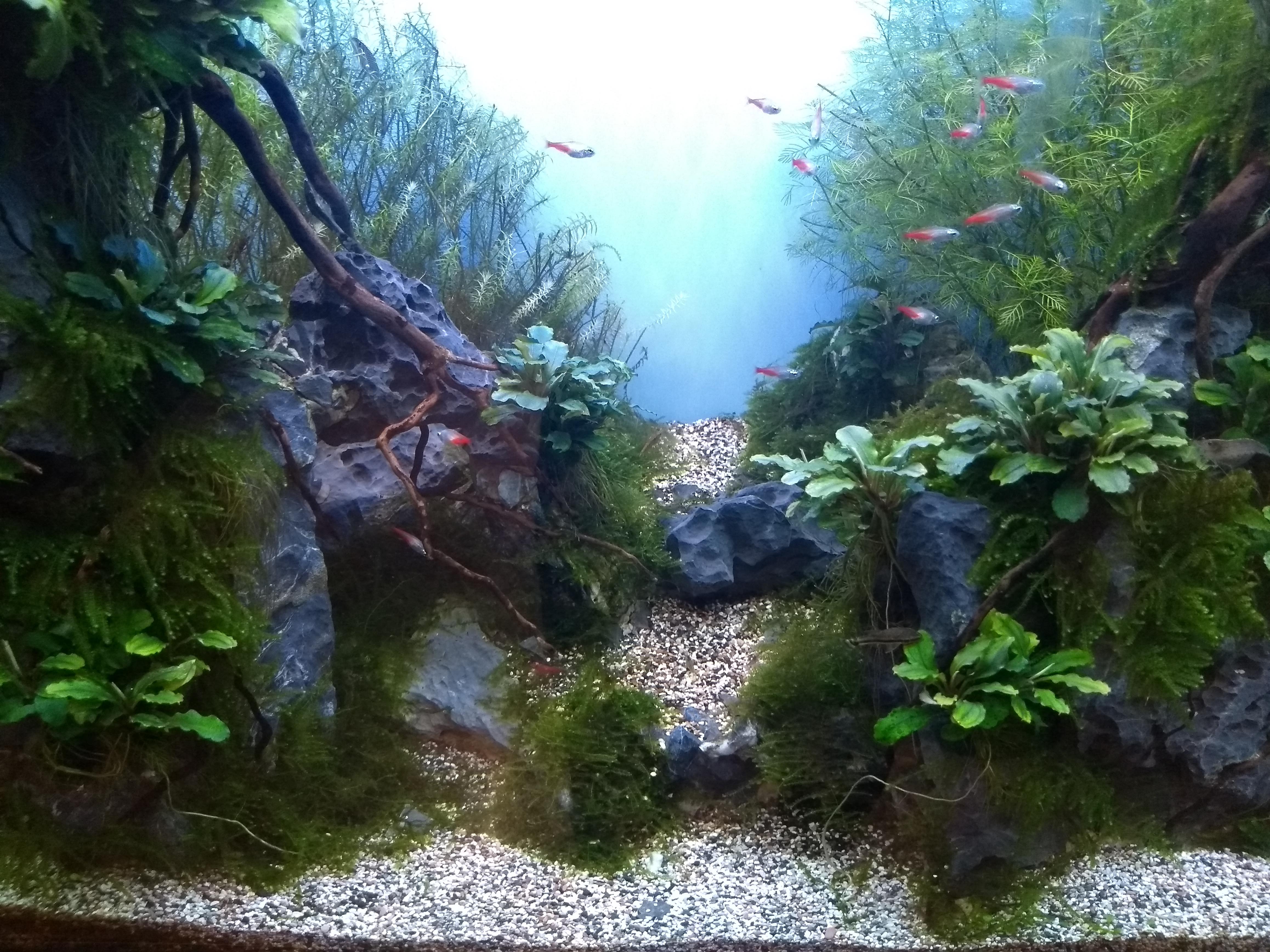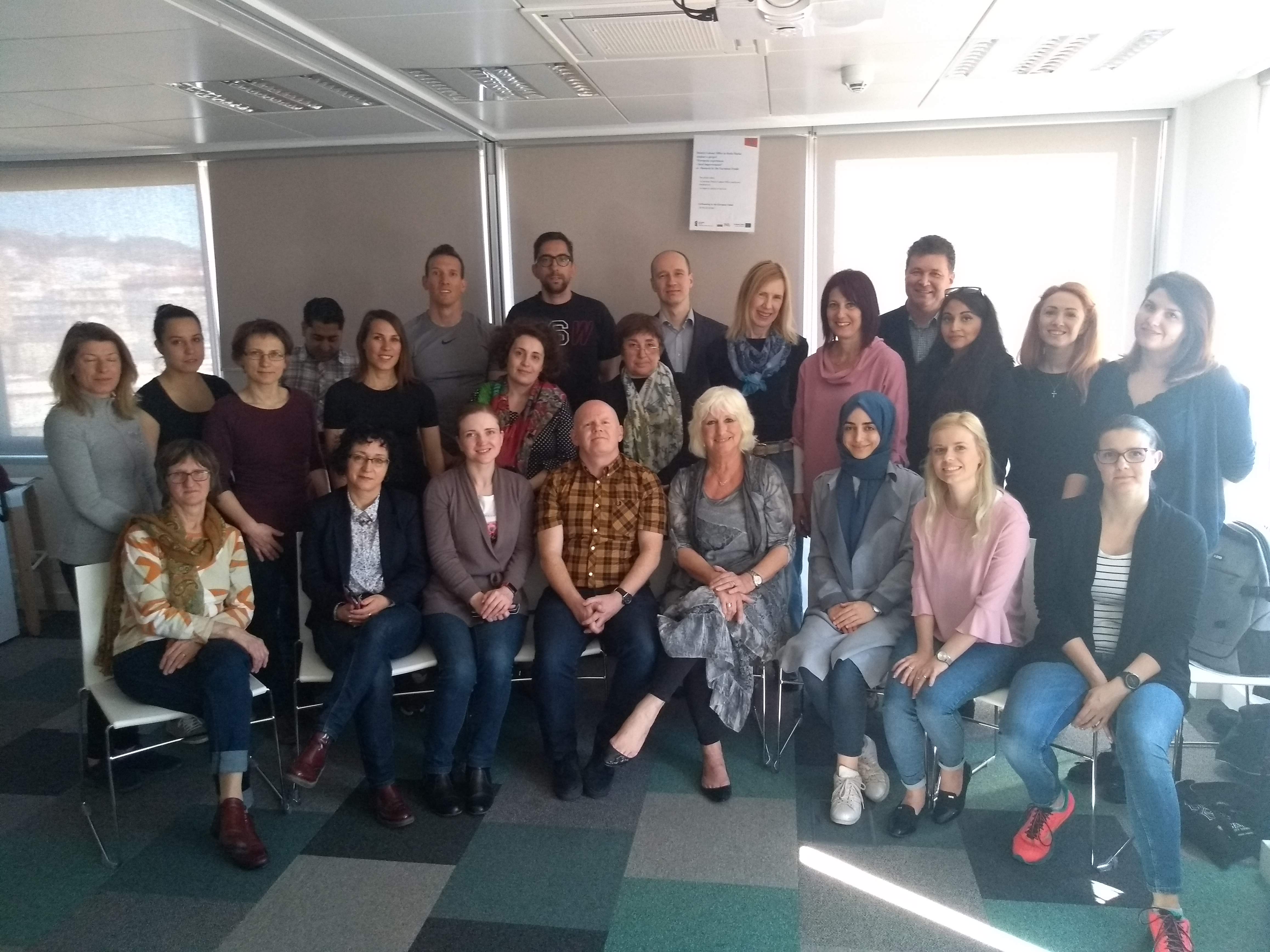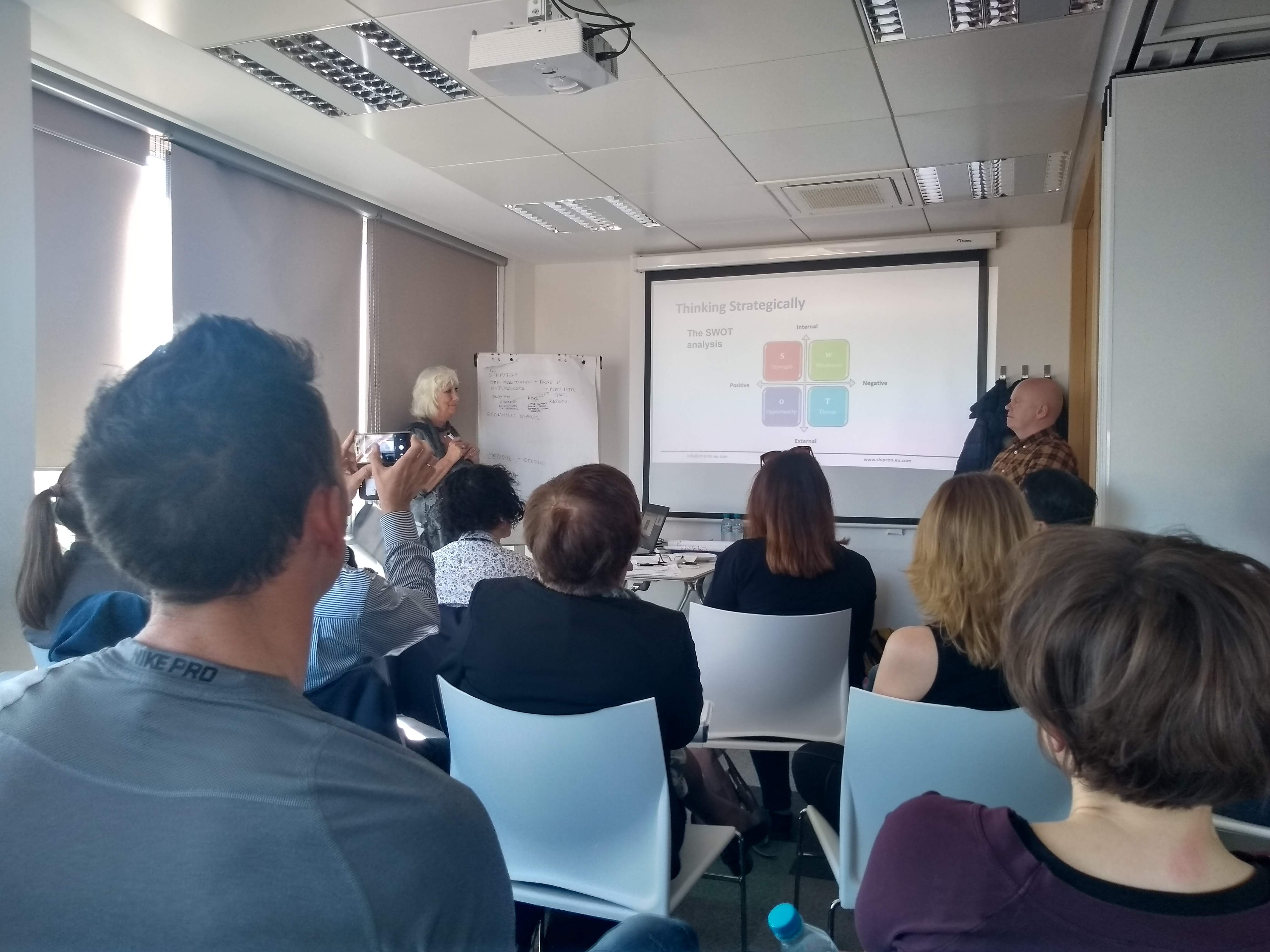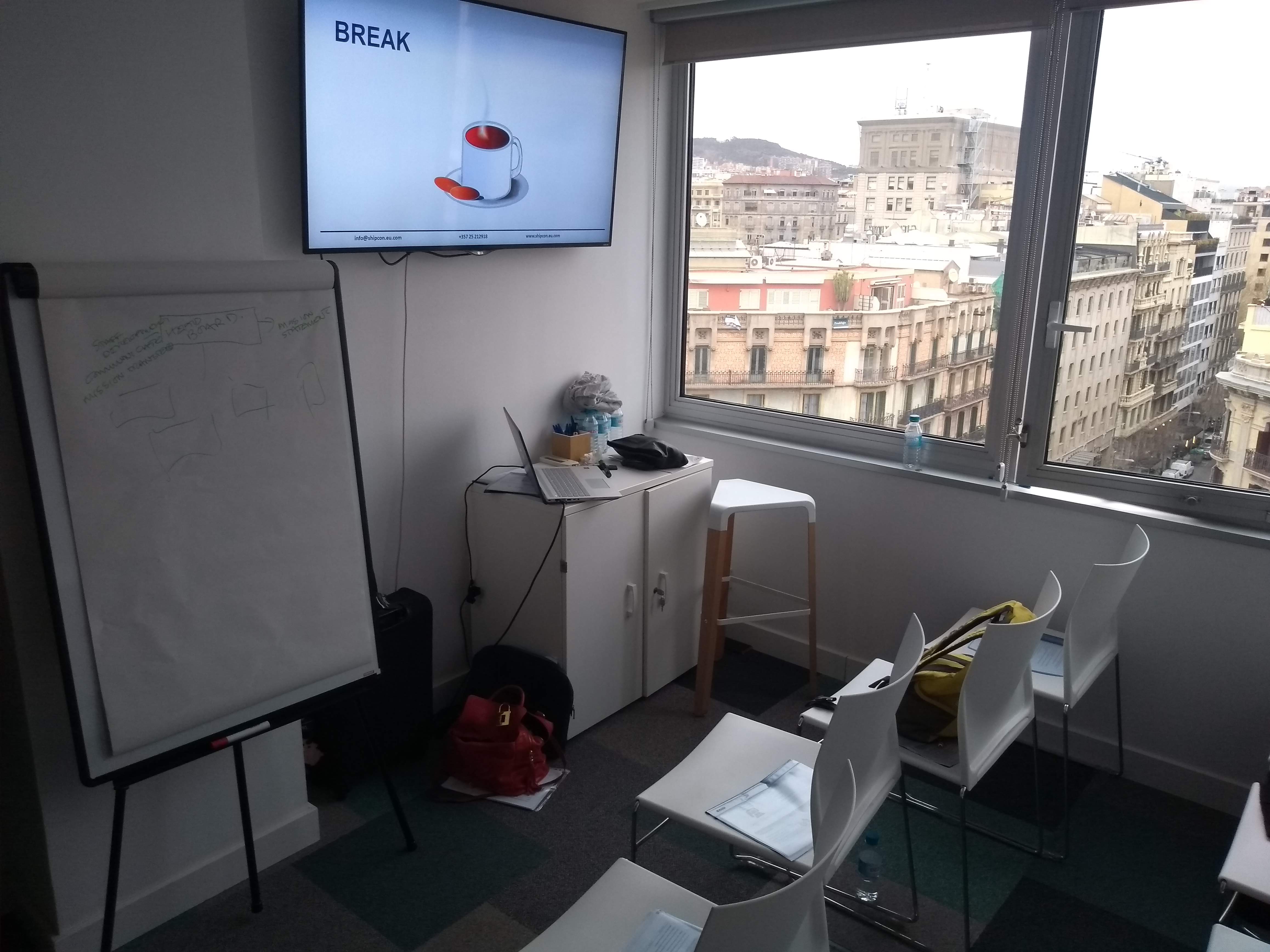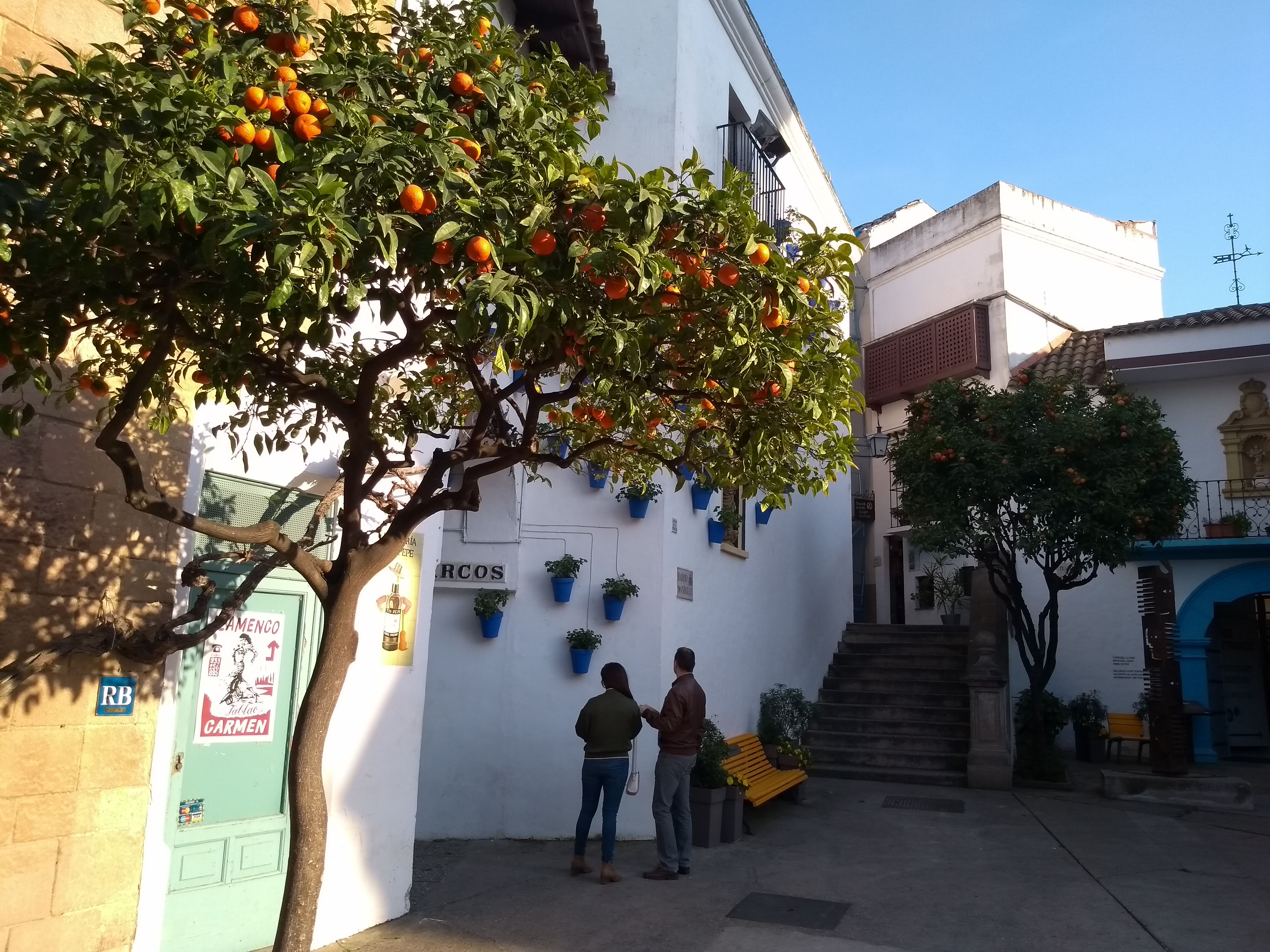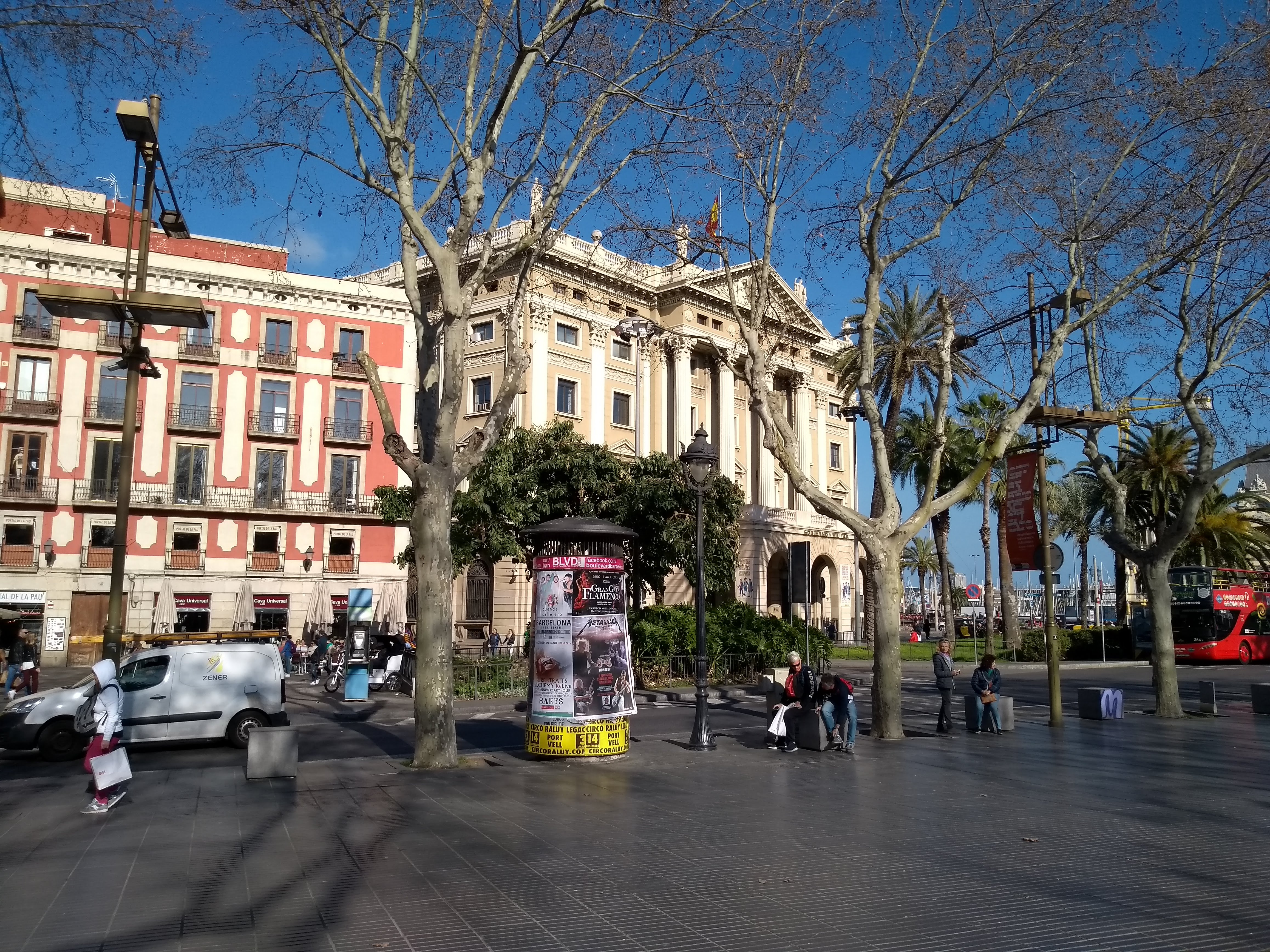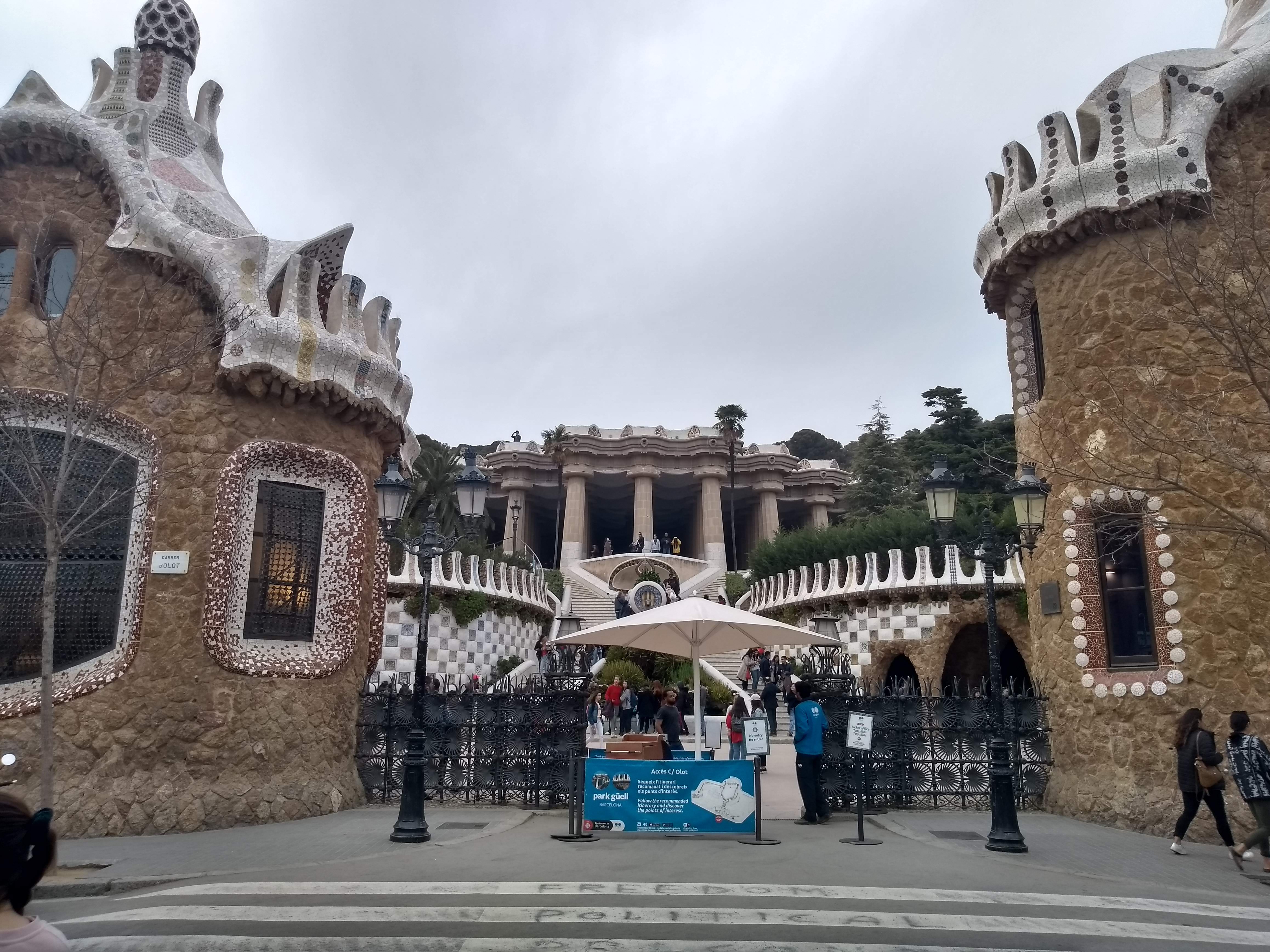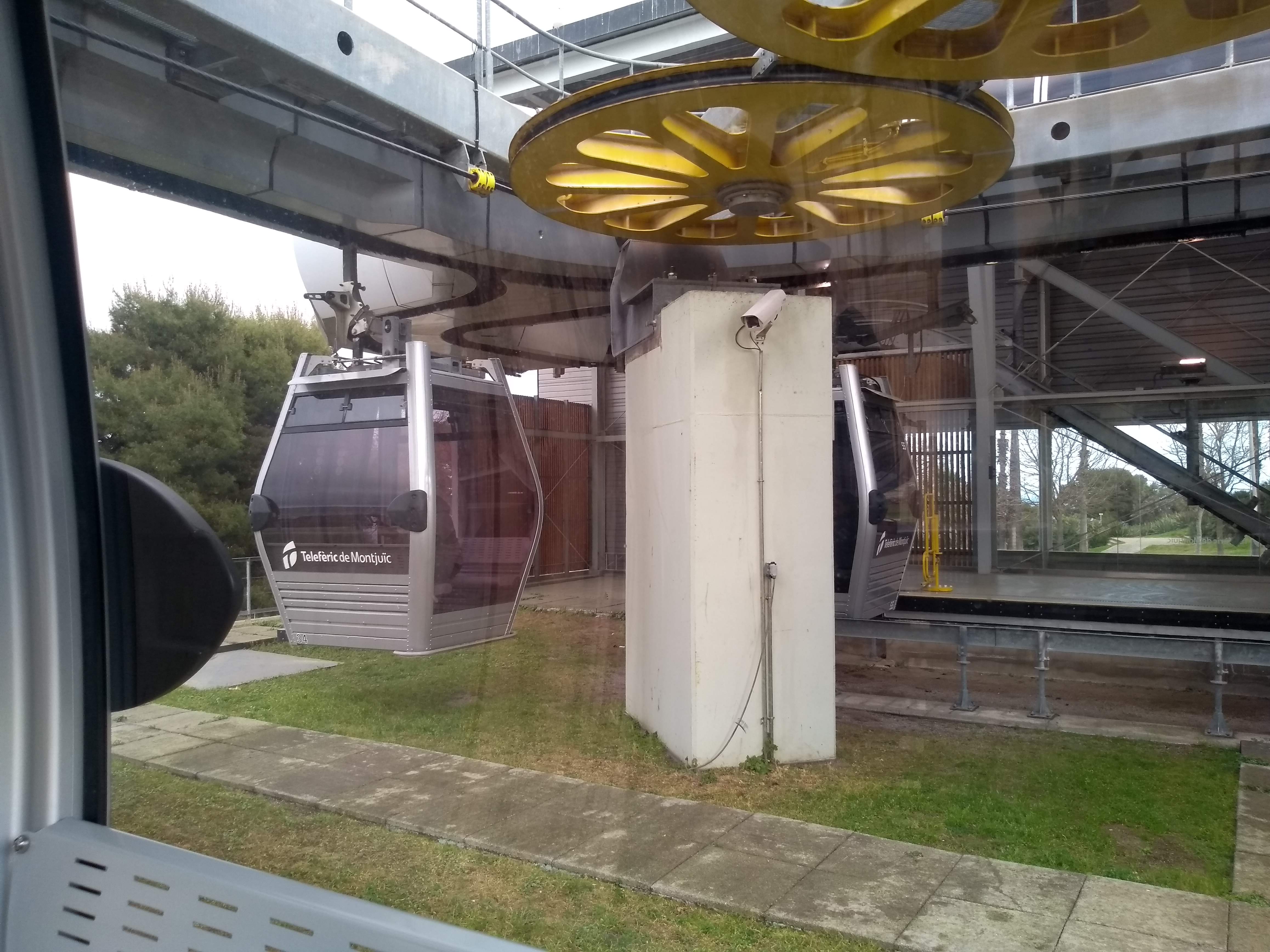Problem Solving & Decision Making
Barcelona, 10. 3. 2019 – 17. 3. 2019
V okviru programa ERASMUS+ sta se predavatelj VSŠ Peter Četina in predavateljica VSŠ Natalija Bela udeležila seminarja na temo reševanja problemov in sprejemanja odločitev, ki je potekal od 10.3. do 17.3. v Barceloni. Dodano vrednost udeležbe na seminarju bi lahko združili v tri glavna področja in s tem povezane aktivnosti:
- Izobraževanje novih tehnik na področju reševanja problemov in sprejemanja odločitev;
- Izmenjava strokovnih izkušenj med udeleženci seminarja iz različnih poklicev in držav;
- Spoznavanje infrastrukturnih, gradbenih, geografskih in zgodovinskih značilnosti mesta Barcelone.
Ker je seminar v celoti potekal v angleškem jeziku so podrobnosti o vsebini seminarja prav tako v nadaljevanju predstavljene v angleščini.
Udeleženca seminarja: Natalija Bela in Peter Četina
DESCRIPTION OF TRAINING CONTENT
‘Problem Solving & Decision Making’ course is a masterclass course which presents the structure, process and the required tools with which someone can solve problems and take the appropriate decisions. The course gives emphasis to the fundamental element for effective problem and decision making: critical thinking. Critical thinking is the application of scientific methods and logical reasoning to problems and decisions and it is of fundamental importance in enabling people to avoid common mistakes, challenge our beliefs, assumptions and/or perceptions, evaluating alternative solutions and anticipating possible risks. This course will equip the participants with in depth knowledge in order to use analysis, synthesis and positive inquiry to address individual and organizational problems. Upon completion of this course, the participants will be able to identify a problem, conduct a root cause analysis of the problem and develop a set of criteria to evaluate different solutions for the same problem. Using case studies and situations, the participants will have the opportunity to explore successful models and proven methods on problem solving & decision making, that can prove to be valuable not only to their work and their organization but to their everyday life as well. This is a masterclass course taught by high-calibre trainers with vast experience in organizational processes.
Figure 1: All participant’s on workshop in Barcelona 2019
Main Aims
- Understand the process for problem identification
- Create a problem statement
- Conduct a root cause analysis of the problem
- Develop criteria to evaluate solution to the problem
- Generate a list of solutions
- Select the best solution
- Validate their solution
- Develop a plan to implement the solution
- Develop a plan to monitor and verify the solution
- Develop a communication plan
- Make tough decisions aligned with operational priorities.
- Identify and plan for the resolution high-priority issues.
- Understand and proactively manage risks and opportunities.
- Ask the right questions to find hidden insight.
Why PSDM?
This highly interactive course can make a difference to positive outcomes in your life and personal success. With a balance between theoretical and participative learning, this course will increase ability to identify and solve problems, and to make good decisions with positive outcomes, which is fundamental to a productive and fulfilled life. We are constantly faced with problems of varying magnitude, and must make decisions based on information and rational thought processes.
Problem Solving and Decision Making presents a structure, process and tools to help you solve problems and make decisions, and which will assist in various aspects of your life.
Participants will practice problem solving processes by working on actual problems. The focus is on group decision making, but participants will be able to apply the same processes and tools to individual problems and decisions. This highly interactive course can make a difference to positive outcomes in your life and personal success.
Who to attend PSDM?
The SC-PSDM course is ideal for:
- School principals & directors (primary & secondary)
- Teachers (primary & secondary)
- Academic staff (tertiary)
- Directors/managers (companies/NGOs)
- Community leaders
- Business Development Managers
- Consultants
- Trainers
PROGRAMME OF THE TRAINING ACTIVITIES (DAY BY DAY)
Monday
– Introductions – Icebreaker exercise
– Problem solving and decision making defined –
– The Cognitive Process –
– Literal vs Lateral – Exercise
– Creative thinking
– Teen Brain Thinking
– Approaches to Problem solving – problem solving ‘types’
Tuesday
– PROBLEM SOLVING VS DECISION MAKING (Exercise)
– Decision making models
– Deciding how to decide
– Decision making under pressure (Exercise)
– Evidence Based Decision Making (Case Study)
– Thinking Styles
– Thinking as groups or individuals (Exercise 6 thinking hats)
Wednesday
– Identify Problems
– Creativity and innovation (Exercise)
– Structured Problem Solving
– Tools and techniques for finding solutions
– Working with risk (Exercise)
– Collaborative Team Problem Solving (Exercise)
Thursday
– Communication and influencing
– The power of Negotiation (Exercise)
– Bringing the problem (Case Studies)
– Make the Decision (Case Studies)
– Making it work (Case Studies)
– Presenting the Argument (Team Presentations)
– Follow up and evaluation process
Friday
– Making change happen
– Using Strategy
– Planning concepts and tools (exercise)
– Personal Action Planning (exercise)
– The importance of Validation
METHODOLOGY OF THE COURSE – ADDED VALUE
The course methodology will ensure the active involvement of the participants in all phases, that is, prior, during and after the delivery of the course. More specifically, upon confirmation that the course will take place, the participants will receive preparatory material (if needed), which will cover all important concepts to be presented during the delivery of the course. The participants will have the opportunity to exchange feedback with the organiser of the course, ShipCon, and the trainer as well as to request any clarification related to the content of the course.
The methodology of the training is based on a combination of three important elements:
- Provision of knowledge required (theory)
- Use of training tools, such as case studies, videos, games, animations & exercises (practice – hands on experience)
- Feedback/reflection (review)
During the delivery of the course, the participants will receive hard copy material, which will cover the content to be presented in all five (5) days of the seminar. The material will be presented in a form of Power Point (PPT) presentations, videos & animations. Moreover, the active involvement and hands on experience of the participants will be secured through various training tools, such as case studies, worksheets, scenarios & exercises. These training tools are necessary to ensure that the theoretical knowledge gained by the participants can be used in real life scenarios; an important aspect & added value for any training course.
At the final day of the course, the participants will have the opportunity to reflect on the information received and the experience gained in the specific field of study. Moreover, the participants and their institutions will be encouraged to be members of ShipCon ‘Network of Excellence’, an international hub and forum for entrepreneurs & innovators to exchange ideas, novel concepts/approaches & best practices in the area of environment and education.
BENEFITS TO PARTICIPANTS – SKILLS & COMPETENCES
The course is ideal for a wide range of professionals, wishing to gain in depth knowledge in the area of problem solving and decision making and more specifically in topics such as, recognizing blocks to decision making, the Psychology of problem solving and decision making, Groups vs. individual, the pros and cons and models for successful problem solving and decision making, among others.
By the end of the course, delegates will have acquired capabilities to:
- Make shaper decisions through critical thinking and creative problem solving
- Adapt to different thinking styles in group and team environments
- Remove barriers to hinder creativity
- Analyze systematically a specific problem
- Present ideas clearly and concisely for maximum shareholder buy-in
- Turn creativity into practical solutions
CERTIFICATIONS AWARDED
- Certificate of attendance & certificate of competence (skills & competences required – Europass CV)
- Europass mobility certificates – to be issued by the applicant’s National Authority (NA)
More information on:
http://shipcon.eu.com/problem-solving-decision-making/
Barcelone in pictures:















